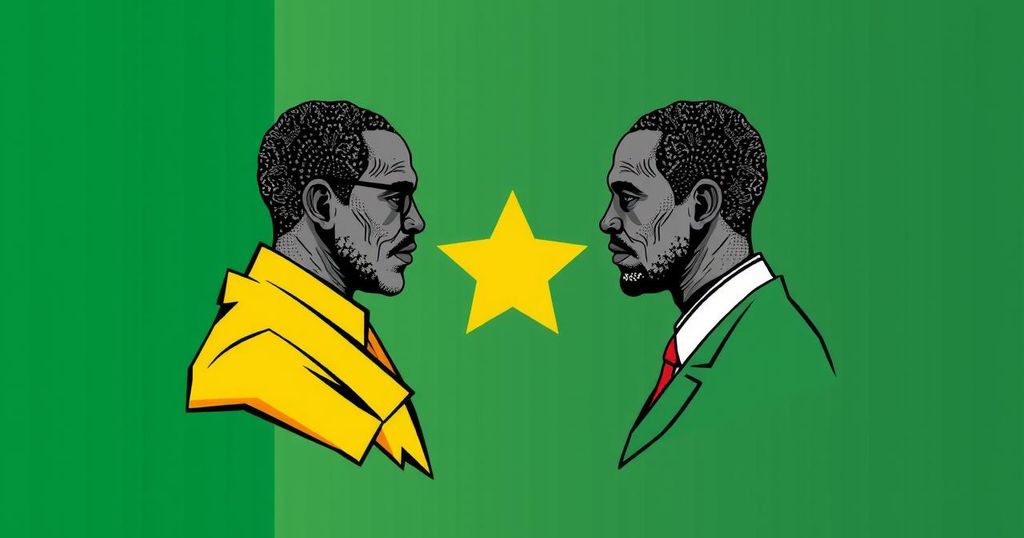CenPOA raises concerns regarding Ghanaian chiefs endorsing political candidates, violating constitutional provisions. Executive Director Michael Donyina Mensah warns of potential threats to national unity and stability if these endorsements continue. He emphasizes the need for chiefs to avoid involvement in partisan politics, highlighting the detrimental effects on social cohesion and traditional authority.
The Centre for Public Opinion and Awareness (CenPOA) has raised significant concerns regarding the growing trend of traditional rulers in Ghana endorsing political candidates and parties. Executive Director Michael Donyina Mensah emphasized that although the Ghanian constitution strictly prohibits such endorsements, this practice has intensified ahead of the forthcoming December 7 elections. He cautioned that these actions could undermine the country’s national unity and stability.
In a recent interview, Mr. Donyina Mensah urged chiefs to refrain from engaging in partisan politics. He highlighted the troubling situation wherein certain chiefs have publicly endorsed politicians, violating constitutional guidelines. This issue is further complicated by the involvement of political figures in various chieftaincy disputes, notably the ongoing conflict in Bawku, which hinders resolution efforts.
Mr. Donyina Mensah noted, “This election has seen unprecedented levels of endorsements from our chiefs. It is unconstitutional for them to support political parties and candidates, but they have ignored the Constitution in doing so.” He called for a clear separation of chieftaincy from political affairs to maintain the integrity and stability of the nation’s democratic framework. Drawing parallels with European monarchies, he pointed out that traditional rulers now possess far less power than in earlier times.
He concluded that for Ghana’s development to progress as desired, it is essential to end political endorsements influenced by tribal or religious affiliations. Mr. Donyina Mensah emphasized the necessity for chiefs to respect their roles as traditional leaders and to avoid involvement in divisive political matters. Such actions are imperative to avoid alienation from the youth and to preserve their authority within the community.
The ongoing issue of political endorsements by traditional leaders in Ghana raises important questions about the intersection of chieftaincy and politics. The Ghanian constitution forbids chiefs from endorsing political candidates, aimed at ensuring that traditional institutions remain impartial and do not contribute to political polarisation. The increasing frequency of endorsements, particularly during election periods, creates potential discord and challenges national unity. The Centre for Public Opinion and Awareness highlights the critical need for traditional rulers to adhere to constitutional mandates to maintain civil stability and coherence in society.
In conclusion, the Centre for Public Opinion and Awareness warns that the politicization of chieftaincy in Ghana poses a significant threat to national development and unity. Chiefs must eschew partisan politics to safeguard their authority and uphold the integrity of their traditional roles. By adhering to constitutional guidelines and fostering unity, traditional leaders can contribute positively to the socio-political landscape of Ghana, thereby preventing future conflicts and ensuring coherent governance.
Original Source: www.ghanaweb.com






